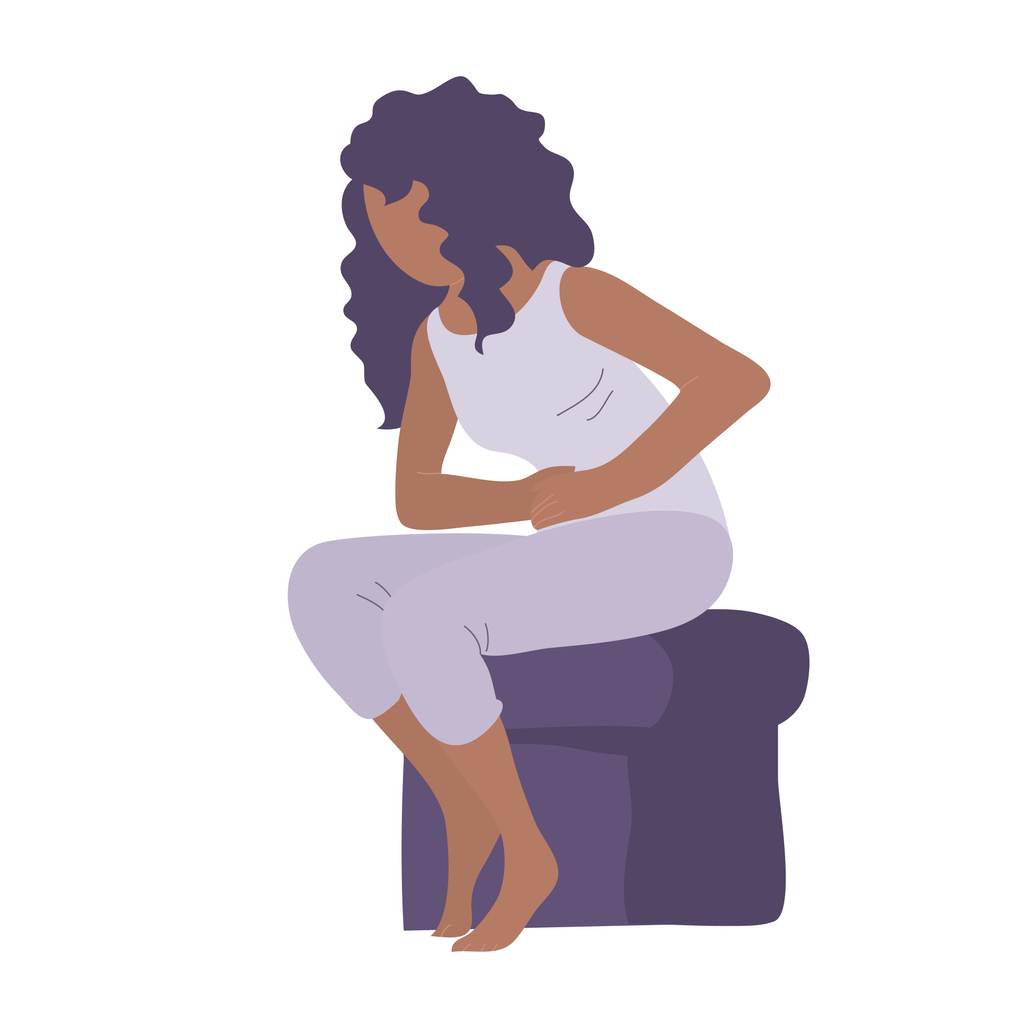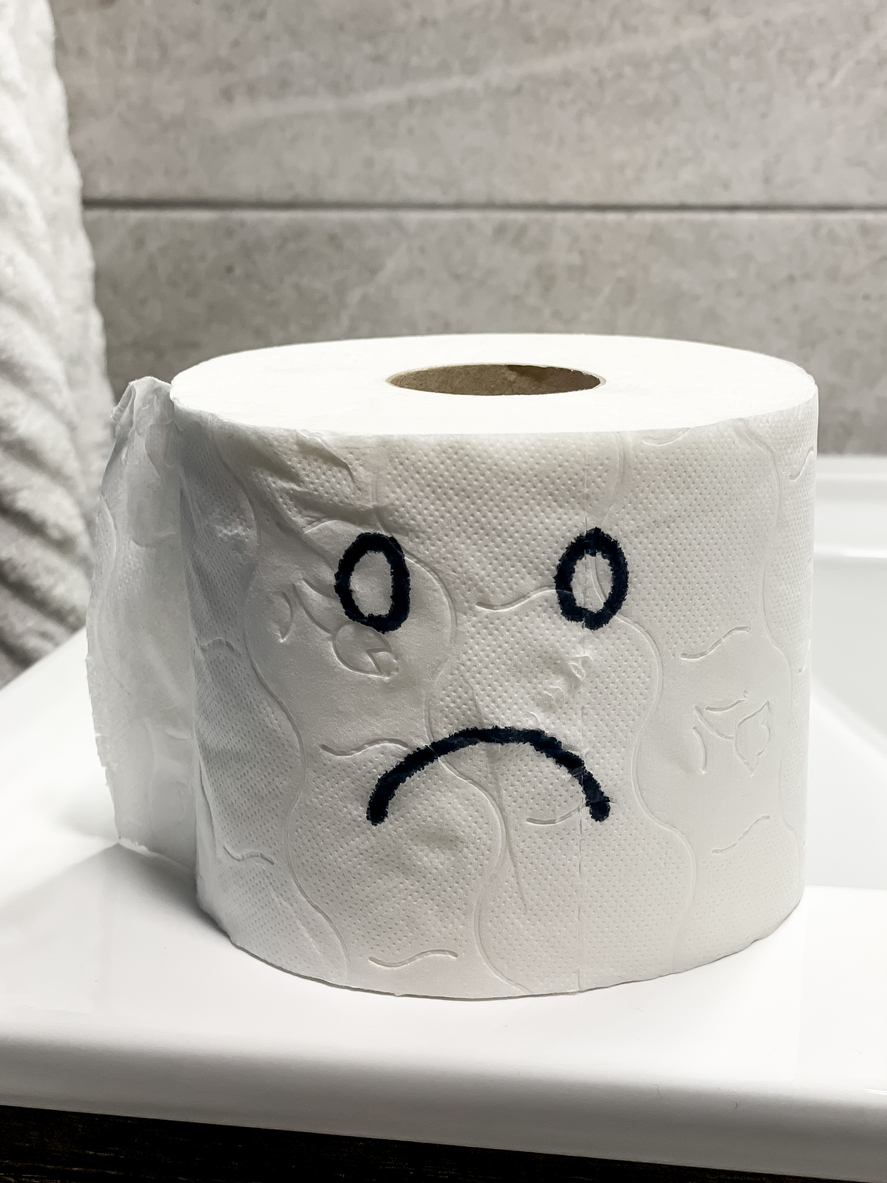Confronting the Silent Threat! Prolonged Constipation Consequences
Constipation, a silent threat, can have serious consequences if left untreated. This article sheds light on the prolonged effects of chronic constipation on the body.
Understanding the General Systemic Consequences
Chronic constipation can have various general systemic consequences. It can lead to bloating, abdominal discomfort, and reduced appetite.
Additionally, it may cause nutrient absorption issues, resulting in vitamin and mineral deficiencies.
Chronic constipation can also lead to more critical deceases as we discuss in the next section. Overall, it negatively impacts overall well-being and quality of life.
More Critical Deceases that Chronic Constipation May Raise
Chronic constipation can lead to various more critical diseases and health complications. When waste materials accumulate in the colon for an extended period, it can result in the production of toxins, which may enter the bloodstream and affect overall health. Some potential diseases that chronic constipation may raise the risk for include:
- Hemorrhoids: Straining during bowel movements can cause swollen blood vessels around the rectum and anus, leading to painful hemorrhoids.
- Anal fissures: Hard and compacted stools can cause small tears in the lining of the anus, causing anal fissures, which can be extremely painful and may lead to bleeding.
- Diverticulosis: Chronic constipation is often associated with increased pressure within the colon, which can lead to the development of small pouches called diverticula. These pouches can become inflamed or infected, causing a condition known as diverticulitis.
- Colorectal cancer: Some studies suggest that long-term constipation may be associated with an increased risk of colorectal cancer. However, more research is needed to establish a direct causal link.
- Fecal impaction: Severe constipation can lead to fecal impaction, where hardened stool becomes stuck in the rectum or colon. This can require medical intervention for removal and may lead to intestinal blockage if left untreated.
It is crucial to improve your health habits far before you face such severe effects of chronic constipation on the body. We will discuss such prevention ways below.
Identifying the Causes of Chronic Constipation
Popular Causes of Chronic Constipation
There are several popular causes of chronic constipation.
- The first is a lack of fiber in the diet. Fiber helps bulk up the stool and promote regular bowel movements.
- Another cause is inadequate fluid intake. Not drinking enough water can lead to hard and dry stools.
- Lack of physical activity can also play a role, as exercise helps stimulate the muscles in the intestines.
- Certain medications, such as opioids and antidepressants, can cause constipation as a side effect.
- Chronic constipation can also be a symptom of certain medical conditions, such as irritable bowel syndrome (IBS), hypothyroidism, or diabetes.
- Psychological factors, such as stress or anxiety, can contribute to constipation as well.
It is important to identify the underlying cause and make appropriate lifestyle changes or seek medical advice if chronic constipation persists.
The Risk that Your Laxative Leads You to Chronic Constipation
Long-term use of laxatives can potentially result in chronic constipation. While laxatives provide short-term relief by stimulating bowel movements, prolonged use can lead to dependence on them.
Over time, the body may become less responsive to the effects of laxatives, requiring higher doses for the same effect. This can disrupt the natural bowel movement process and cause the colon muscles to become weak and less efficient.
Additionally, laxatives can alter the balance of electrolytes and fluids in the body, further exacerbating constipation.
It is important to use laxatives only as directed and consult a healthcare professional if ongoing constipation persists.
Prevention from Chronic Constipation
What Should You Do to Prevent Chronic Constipation?
The good news is that you have a lot of options that you can address easily in your daily life to prevent awful effects of chronic constipation on the body.
- Increase fiber intake: Include more fruits, vegetables, whole grains, and legumes in your diet to add bulk to your stool and promote regular bowel movements.
- Stay hydrated: Drink plenty of water throughout the day to keep your stool soft and prevent dehydration, which can contribute to constipation.
- Exercise regularly: Engage in physical activity to stimulate the muscles in your intestines and promote regular bowel movements.
- Establish regular bathroom habits: Make time in your daily routine for a bowel movement, as this helps regulate your body’s natural digestive patterns.
- Avoid delaying the urge to go: If you feel the need to have a bowel movement, don’t ignore it. Delaying can lead to the stool becoming harder and more difficult to pass.
- Manage stress: Chronic stress can affect your digestive system, potentially leading to constipation. Practice stress-reducing techniques such as meditation or yoga.
- Limit processed foods and caffeine: These substances can contribute to constipation, so it’s best to reduce their intake.
- Consider dietary supplements: If necessary, discuss with your healthcare provider about taking fiber supplements or stool softeners to alleviate constipation. We, Juveriente®, provide you a natural supplement which is safe for long time use, based on Kanpo, Chinese medicine refined in Japan.
Remember, if you experience persistent or severe constipation, it is important to consult with a healthcare professional for proper diagnosis and treatment.
If You Are Diagnosed… What Relieves You Out Of Chronic Constipation?
If you are diagnosed with chronic constipation, there are several methods that can help relieve your symptoms. Here are some options:
- Dietary changes: Increase your fiber intake by consuming more fruits, vegetables, whole grains, and legumes. This can help soften the stool and promote regular bowel movements. Additionally, staying hydrated is important for maintaining healthy bowel function.
- Exercise regularly: Physical activity stimulates the muscles in your intestines, promoting bowel movements. Engaging in regular exercise, such as walking, jogging, or yoga, can help alleviate constipation.
- Over-the-counter laxatives: There are various types of over-the-counter laxatives that can help relieve constipation. Some examples include bulk-forming laxatives, stool softeners, stimulant laxatives, and osmotic laxatives. However, it is important to consult with a healthcare professional before using these laxatives, as they may have side effects and can interact with other medications.
- Prescription medications: If over-the-counter laxatives are ineffective, your doctor may prescribe medications specifically designed to treat chronic constipation. These medications work by increasing stool frequency or softening the stool.
- Kanpo Medication (Chinese Traditional Medicine Refined Through the Long Japanese History): As we have already discussed, some laxatives may lead you to chronic constipation by prolonged use. Kanpo medication aims moderate healing from the overall health and the root cause, while addressing the symptom directly but mildly.
Juveriente® has closed a partnership with a Japanese brand Nalelu®, that reconstructs the Kanpo idea with contemporary ingredients. It is formulated for long time use. They have brougt the natural laxative supplement, HarmoniHerbs Gentle Laxative, from Japan. - Lifestyle modifications: Creating a regular bowel movement schedule and allowing enough time for a complete evacuation can be helpful. It is also important to avoid suppressing the urge to have a bowel movement.
Remember, it is crucial to consult with a healthcare professional for an accurate diagnosis and personalized treatment plan based on the severity and underlying causes of your chronic constipation.








